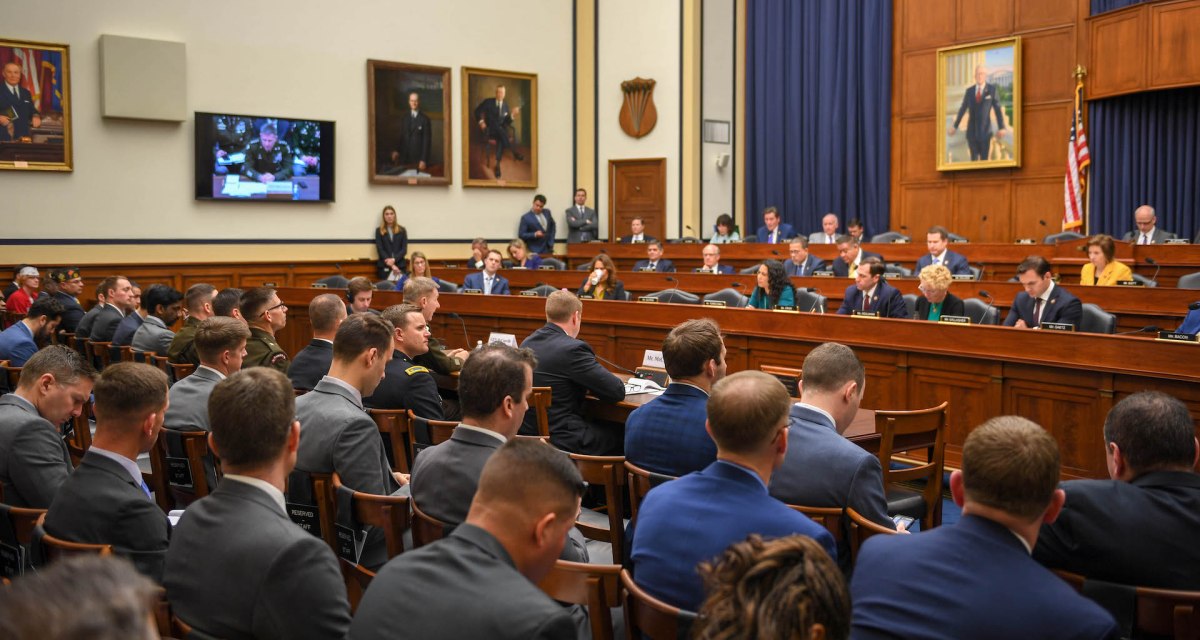House Armed Services Committee adds subcommittee focused on tech

The House Armed Services Committee has split the focus of one of its subcommittees to give more attention specifically to the Department of Defense’s emerging technology and IT work, it announced Wednesday.
The new Cyber, Innovative Technologies, and Information Systems (CITI) Subcommittee was formed out of the now-former Intelligence and Emerging Threats and Capabilities Subcommittee. The intelligence and non-technical work of the former subcommittee will continue on under a new Subcommittee on Intelligence and Special Operations.
The change was made to be able to provide more focused oversight on technology matters and shift over non-technical topics, like special operations and counter-proliferation of weapons of mass destruction, to other groups of lawmakers. The new subcommittee’s jurisdiction includes cybersecurity, IT policy, artificial intelligence and software acquisition.
“As technology continues to advance at an incredibly rapid rate – from artificial intelligence to biotechnology and everything in between – it is critical that the Armed Services Committee redoubles our efforts to bridge the gap between current capabilities and future requirements,” larger committee chair Rep. Adam Smith, D-Wash., and new subcommittee chair Rep. Jim Langevin, D-R.I., said in a statement.
Langevin was also chair of the former intelligence and Emerging Threats and Capabilities Subcommittee. The top Republican on the old committee, Rep. Elise Stefanik, R-N.Y., will also transition over as ranking member.
Some of the new technology subcommittee’s members also participated in a recent task force that crafted a report on the future of warfare, examining at the use of artificial intelligence, cyber war and other technology-driven changes to the armed forces.
The full list of the subcommittee’s jurisdiction will be:
- Cybersecurity, operations, and forces
- Information technology, systems, and operations
- Science and technology programs and policy
- Defense-wide research and development (except missile defense and space)
- Artificial intelligence policy and programs
- Electromagnetic spectrum policy
- Electronic warfare policy
- Computer software acquisition policy






